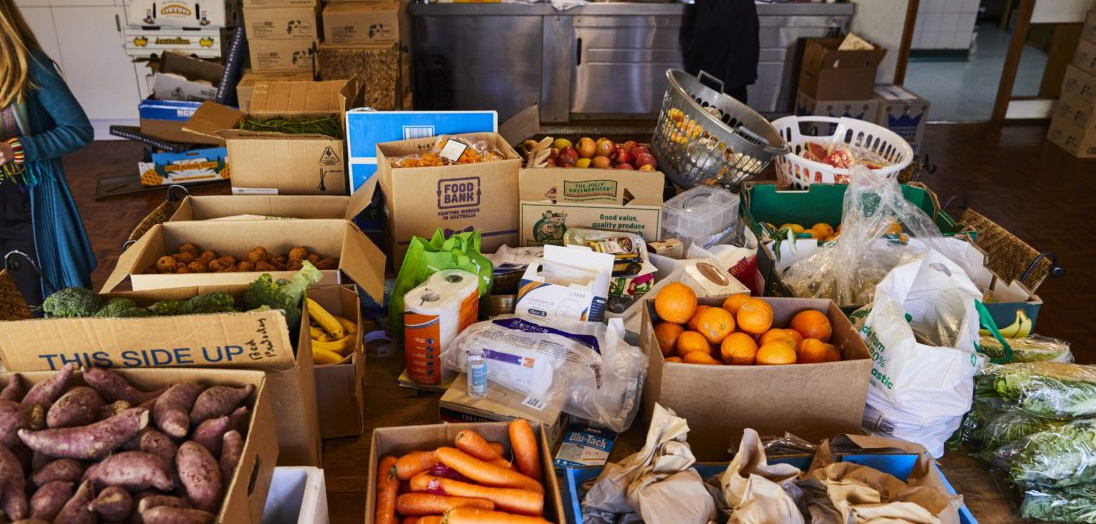Employment and People Seeking Asylum during COVID-19
29 April 2020

Reflections from the Frontline
Employment Coordinator, Leonie reflects on the impact that the pandemic on people seeking asylum in Australia in terms of employment.
My name is Leonie and I managed the Empowered to Work employment program at JRS Australia and the House of Welcome in Western Sydney. Empowered to Work assists people seeking asylum to become job-ready and identifies pathways to sustainable employment in the community.
The program was established in 2017 and has assisted over 600 people as they overcome barriers to employment. This program was born in the midst of cuts to the Status Resolution Support Service (SRSS) that had previously served as a safety net for people seeking asylum (about 89% of Newstart). Because of this, our employment program is expert at managing moving landscapes but nothing has hit harder than COVID-19.
Often, people holding temporary visas are employed in entry level casual jobs in hospitality, factories and warehouses, retail and manufacturing. These were the very first jobs to go when the country started to shut down. Almost overnight, Empowered to Work witnessed the unravelling of people’s hard-won employment and livelihoods.
Before COVID-19, I was running a busy, vibrant, drop-in employment program with a team of awesome volunteers. Even on the hardest days, we were sure we had spent time listening and engaging with people, we’d offered kindness and comfort and worked hard together. Employment sessions were always challenging but there was laughter and joy in the building too.
This sense of accompaniment and face to face support is missing at the moment as our meetings are online, over the phone or via email. For front line workers, this is a huge shift and I’m constantly worrying about the unsaid things I would usually pick up during our regular one on one appointments (hunger, sickness, sadness etc).
There is also a sense of helplessness as I watch jobs fall away. Some people have worked for years to gain work rights, learn English, study and train to achieve their jobs and we would love to be able to protect them from this period of unemployment.
As the weeks go on, the absence of a safety net for people seeking asylum will precipitate homelessness and destitution. As our clients are currently ineligible for JobKeeper or JobSeeker, bridging this gap will be our next challenge.
One of the biggest obstacles we face is the growing national unemployment rate. When this health crisis is over and recruitment freezes are lifted, there will be so many more people vying for jobs than usual.
Early conversations in the community favour jobs being given to “Aussies first”. Our clients will need to work doubly hard to be considered for jobs with this increased competition and complex community attitudes. Empowered to Work will have to adapt to these changes too and re-evaluate how we deliver our program.
I’m grateful none of the Empowered to Work participants have experienced COVID-19. I’m grateful for the technology to stay in touch and problem solve from a distance. I’m grateful for the grant funding that allows the program to continue so we can be ready and waiting when the doors open again.
To my clients I say, when you come back to us you won’t be starting from scratch, you’ll be starting from experience and I will be too.
Learn more about Empowered to Work. Please contact Leonie Dyer. Email: leonie.dyer@employmentproject.org.au
Please note. Since the time of writing, in October 2020, the federal government announced its decision to slash support to people seeking asylum in the 2020-21 Budget. The existing amount allocated for supporting this group will be halved in the new budget indicating that more people will be excluded from support and left without a safety net over the coming 12 months. Read more.

